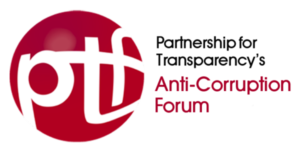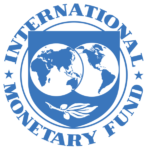



A growing movement of international and local actors have embraced ideals of ‘open governance’ such as transparency, accountability, and participation. Initiatives intending to improve governance have proliferated in international development with key international institutions at the helm. In 1997, the International Monetary Fund (IMF) first introduced its anti-corruption policies – now, 20 years later, its Executive Board of Directors has undertaken a review published August 2017.
On September 18th, the Partnership for Transparency’s Anti-Corruption Forum partnered with Brookings, the IMF, the World Bank, and the IFC to bring high level panelists from a variety of backgrounds to discuss the opportunities and challenges in the fields of transparency, anti-corruption, and sustainable development.
Madame Christine Lagarde, Managing Director of the IMF, opened the morning with brief remarks on the IMF’s current approach to combatting corruption and how it ties into the larger international anti-corruption agenda. Madame Lagarde answered 3 key questions in her comments: (i) What to we mean by corruption; (ii) Why is the IMF involved and why now; and (iii) How can the IMF help?
Mme. Lagarde stated that the IMF “defines public corruption as the ‘abuse of public office for private gain,'” and reminded the audience that in order for a bribe to be taken, someone must also give a bribe. The IMF has increasingly identified corruption as an international financial challenge, with one IMF estimate listing bribery as 2% of the world GDP. This increasing pressure on the international market has led the IMF to renew its commitment to fighting corruption in its member countries. Some IMF approaches include offering analysis of the affect corruption has on local markets and suggestions in how to combat this with regulations and laws. Madame Lagarde’s full comments on “Addressing Corruption with Clarity” can be found here.
Mme. Lagarde’s remarks were followed by an expert panel that explored the differing approached to combatting corruption in national governments, the private sector, and civil society. The second panel focused on the extractive industry as a case study of how corruption affects specific sectors. Brookings has provided a video stream of the full event. Keep an eye out here for upcoming Anti-Corruption Forum News.

